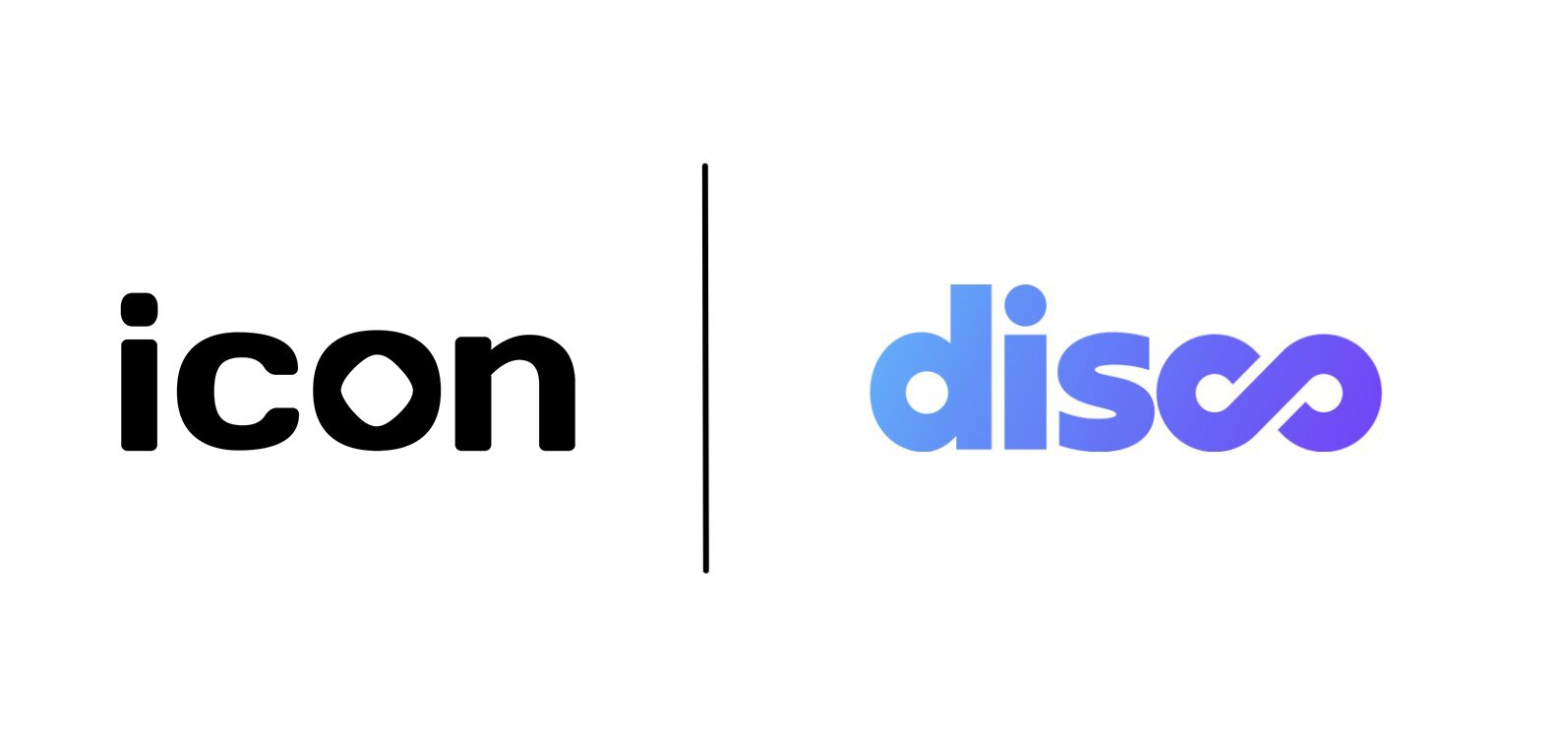Conner Sherline is the founder and CEO of Disco, the network of 500+ brands leveraging long-term, mutually-beneficial partnerships to drive AOV and lower acquisition costs. Notable member brands include The Honest Company, Made In Cookware, Rhone Apparel, Parade, True Botanicals, Haus, and many more.
We sat down with Conner to learn about the culprits behind skyrocketing CACs, what to expect from each round of funding, and why democratizing data is the future of optimized commerce. Here’s what we cover:
- Three Catalysts for Rising CACs
- The Future of Data is Democratized
- Stage-By-Stage Funding Expectations
“We’re really trying to enable brands to work together in a variety of ways, be it data, audiences, merchandising — we’re giving smaller merchants a fighting chance to expand their reach while lowering costs.”
Three Catalysts for Rising CACs
Customer acquisition costs have skyrocketed across digital media platforms — an issue for young brands that’s at the heart of the Disco team’s mission. As Conner tells it, the reasoning behind the exponential increase in CACs in such a short timespan is threefold.
Monopolized Acquisition Channels
Prior to founding Disco, Conner worked at Facebook for half a decade, during a period where today’s default acquisition channels, like Instagram and his then-employer, were still nascent.
Flash forward and conglomerates, like Unilever and Procter & Gamble, with multi-billion-dollar marketing budgets are flooding these now-mainstream platforms, driving up competition in the auction.
With a finite amount of distribution and fierce competition within these ecosystems, smaller, younger companies are simply being drowned out by costs and a lack of room.
Capital Shortages
To put it bluntly, in Conner’s words, the amounts of capital at brands’ disposal have dried up. Exits within eCommerce have been on a downswing, in both monetary value and frequency.
In addition, VC dollars are mainly being used to fuel aggressive growth benchmarks, among other fundamental differences that have cropped up within the last few years in the ecosystem. Inaccurate Targeting & Poor Attribution
Declining Targeting & Attribution
As Conner puts it, the final cause of catapulting CACs is also the one more folks should be talking about: the sharp decrease of accuracy and measurability in targeting and attribution.
According to Conner, the efficiency of targeting via third-party cookies has dropped about 50% within the last six months, and Disco clients are seeing either radically positive or radically negative outcomes from their efforts at targeting.
This is likely due to the fact that large-player channels like Facebook only capture data for very specific segments of both consumers and industry.
Simultaneously, because of iOS 15, attribution via third-party cookies no longer delivers accurate info to teams, leaving them scrambling for new tools and channels so they can stop operating in the dark.
“CACs are now unbelievably high, in part due to the size of enterprise budgets across acquisition channels. Part of our founding mission is to help solve that.”
The Future of Data is Democratized
In terms of priorities for potential upcoming platform expansions, Conner pointed to one core element of Disco's product strategy: helping client brands gain data-driven insights beyond their usual silos and isolated storefronts in the marketplace.
Namely, for Disco members, this means leveraging information from throughout the broader Disco network in order to gain far more well-rounded understandings of their users.
Much like Amazon, Disco wants to help brands leverage the heaps of data present within their network, which depict patterns among specific products, demographics, and other key trends.
As Conner explains, this would build on Disco’s already existing AI-powered recommendations software, which provides users with regular insights on dynamic merchandising and discounts, key products to spotlight, other co-op brands to partner with, and additional channels to utilize.
Given the fact that DTC brands are often lacking in cohesive, widespread data analysis, and thus typically relegate acquisition and discoverability tasks to larger platforms like Amazon, building out this concept could be a game-changer for a network as efficiently interconnected as Disco's.
“We see endless interaction patterns within our data sets, which will be really powerful going forward when we democratize access to it for our members. We want all Disco members to have that knowledge. That’s a huge focus for us in 2022.”
Stage-By-Stage Funding Expectations
When asked how the Disco team has approached fundraising in a time when the cash well has been drying up for DTC brands, he points out that he didn’t really agonize over the process.
Instead, he approaches the task of fundraising by prioritizing working with individuals who have deep domain expertise, influence, and connections within Disco's category, as opposed to whoever can just cut the largest check.
More specifically, Conner was drawn to investors who could support Disco’s growth through their tactical experience in building large software companies and scaling SaaS businesses, as well as their understanding of what today’s brands require from an enablement tool.
He adds that depending on the stage of your growth and round of financing, investors (and VCs especially) tend to play a predefined role. For instance, early investors are more hands-off than young founders expect, given that they’re often tending to many other portfolio companies.
As such, they can only spend so much time in the trenches with your company, and your founding team will naturally be the ones dedicating every second to the venture.
Meanwhile, a seed-stage investor will typically ride out the bulk of your initial growth trajectory — say, for the first 6 to 12 months — before taking a backseat and redirecting attention elsewhere.
Finally, a larger Series A fund will often devote a significant amount of time and attention to your company before your Series B lead will jump in the driver’s seat and start to get more involved.









